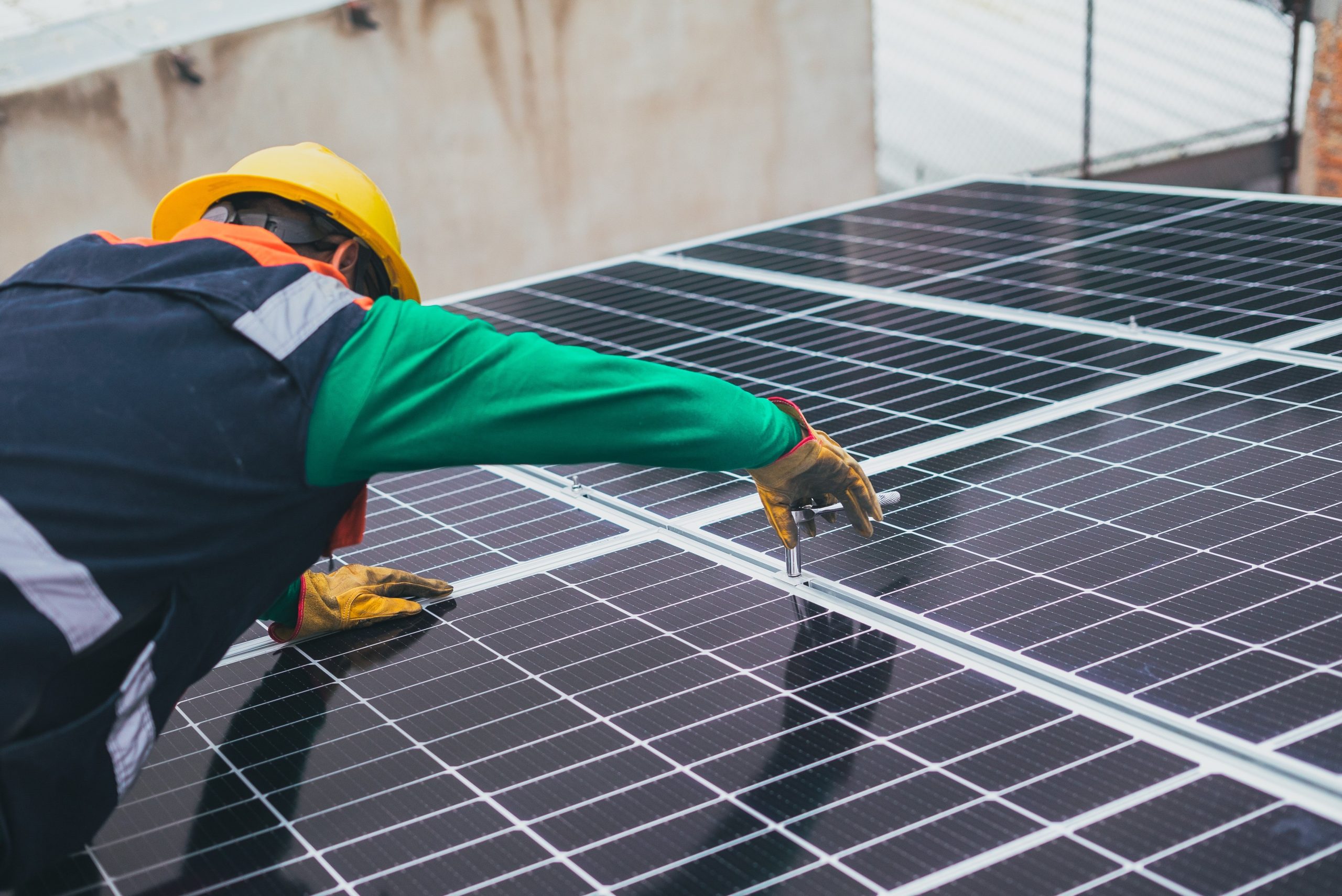
Switching to solar power offers numerous benefits, ranging from environmental sustainability to financial savings. Also choosing solar energy offers a range of benefits that extend beyond just environmental considerations. Here are compelling reasons for choosing solar energy and why you should consider going solar, A greener alternative.
Comprehensive maintenance for first five years
Clean power
Solar power is a clean and renewable energy source that harnesses the sun's energy to generate electricity. Unlike fossil fuels, solar energy production does not produce harmful emissions or contribute to air and water pollution, making it an environmentally friendly option.
By installing solar panels on your property, you can generate your own electricity, reducing your dependence on the grid. This can lead to significant savings on your electricity bills over time, especially as the cost of solar technology continues to decrease.
Financial Incentives and Rebates
Many governments and local authorities offer financial incentives and rebates to encourage the adoption of solar energy. These incentives can offset the initial costs of solar panel installation, making it a more affordable option for homeowners and businesses.
Low Operating and Maintenance Costs
Solar photovoltaic systems have relatively low operating and maintenance costs. Once installed, solar panels require minimal maintenance, typically limited to regular cleaning and occasional routine checks, making them a cost-effective energy solution.
Environmental Sustainability - Reduced Carbon Footprint
Solar energy is a clean and renewable energy source that produces minimal to no greenhouse gas emissions, helping to combat climate change and reduce your overall carbon footprint.
Financial Savings - Lower Utility Bills
Generating your own electricity through solar panels can significantly reduce or eliminate your dependence on traditional utility companies, leading to long-term savings on electricity bills.
Financial Incentives - Government Incentives
Many governments offer financial incentives, tax credits, and rebates to encourage the adoption of solar energy. Taking advantage of these incentives can make solar installations more cost-effective.
Energy Independence - Reduced Reliance on the Grid
Solar power allows individuals and businesses to generate their own electricity, reducing reliance on external power grids and providing a degree of energy independence.
Increased Property Value - Property Appreciation
Homes and businesses equipped with solar installations often see an increase in property value. Solar panels are considered valuable assets that contribute to the overall appeal and efficiency of a property.
Job Creation - Growing Industry
The solar industry continues to grow, creating job opportunities in manufacturing, installation, maintenance, and research and development. Choosing solar energy supports job creation and economic growth.
Technological Advancements - Ongoing Innovation
The field of solar technology is constantly evolving, with ongoing advancements leading to more efficient and affordable solar solutions. Embracing solar energy means benefiting from continuous improvements in technology.
Energy Security - Diverse Energy Sources
Investing in solar power contributes to a more diverse and distributed energy landscape, enhancing energy security by reducing dependence on a single energy source.
Corporate Social Responsibility (CSR) - Sustainable Business Practices
For businesses, adopting solar energy is a way to demonstrate commitment to environmental responsibility and sustainability, aligning with corporate social responsibility goals.
By considering these reasons, individuals and businesses can make informed choices about adopting solar energy, contributing to a more sustainable and resilient energy future.
